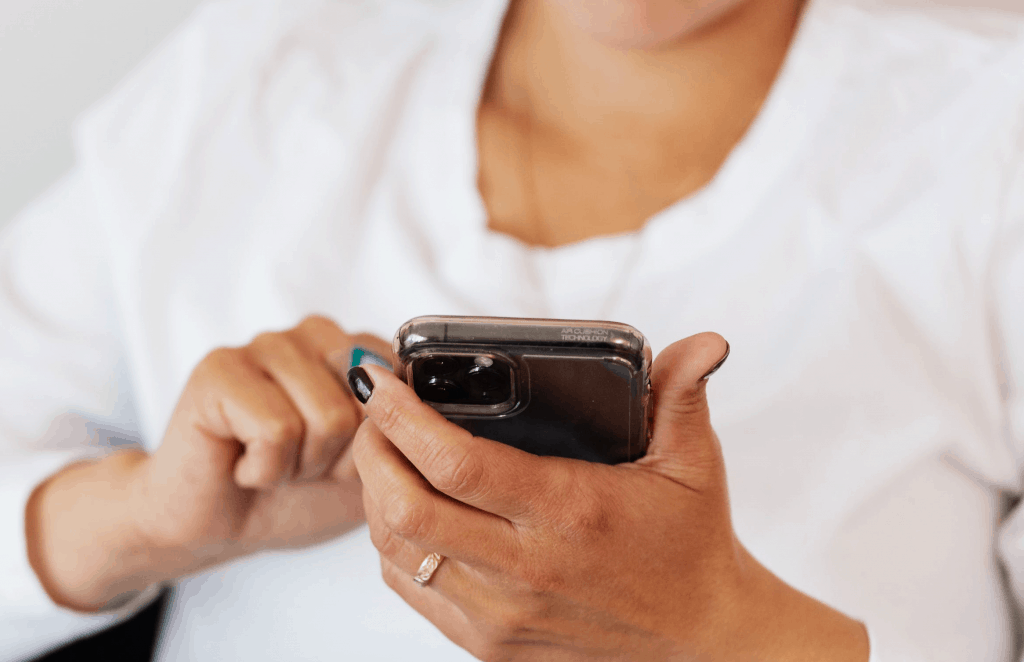There’s no doubt that Caller ID has changed life as we know it, allowing us to always know who’s calling, even before we pick up the phone. This not only gives us the power to decide whether or not to answer the call but also how to answer the call. It’s a completely invaluable technology that we would be in a real rut without. But similar to everything else in life, it also inevitably has its flaws.

Let’s start with the fact that if you haven’t downloaded an advanced app such as CallApp, your phone won’t be able to identify numbers that aren’t saved in your contact book. Without such an advanced function, you really aren’t able to benefit from everything that Caller ID can really offer you.
Then there’s the issue of inaccuracy in identifying numbers. Just have a quick look through your contact book. You’ll notice that most of your contacts aren’t actually saved as their full name (first and last). Many of your contacts likely have nicknames or are saved with some kind of abbreviation or connotation. What does this mean for Caller ID? Well, it means that if once again, the technology isn’t advanced enough, it won’t be able to really tell you who’s calling and decipher through all the nicknames.

And then there’s always Caller ID spoofing, an unfortunate reality that we’re faced with, in which callers attempt to show up as a number that they aren’t really, with the goal of fooling and take advantage of innocent people. That’s why CallApp has also recently a number verification feature, to allow you to answer your calls in confidence, knowing that the person calling you, is really the person calling you.
It’s safe to say that when it comes to any problems related to Caller ID, CallApp has managed to conquer them.
Continue reading
CallApp for Business, Bringing Verified Caller ID
There’s no doubt in the world that you’ve received a spam or scam call.
Fighting Spam Across Borders
There’s no doubt in the world that you’ve received a spam or scam call.





